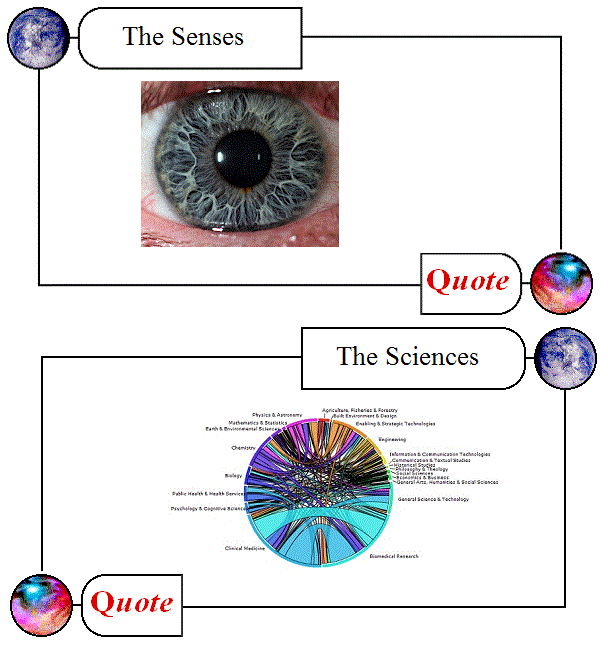This would need clarification in the constitution. Presumably Jinnah, the lawyer, would be just the person to correlate the “true Islamic principles” one heard so much about in Pakistan with the new nation’s laws. But all he would tell me was that the constitution would be democratic because “the soil is perfectly fertile for democracy.”
What plans did he have for the industrial development of the country? Did he hope to enlist technical or financial assistance from America?
“America needs Pakistan more than Pakistan needs America,” was Jinnah’s reply. “Pakistan is the pivot of the world, as we are placed” — he revolved his long forefinger in bony circles — “the frontier on which the future position of the world revolves.”
He leaned toward me, dropping his voice to a confidential note. “Russia,” confided Mr. Jinnah, “is not so very far away.”
This had a familiar ring. In Jinnah’s mind this brave new nation had no other claim on American friendship than this — that across a wild tumble of roadless mountain ranges lay the land of the Bolsheviks.
I wondered whether the Quaid-i-Azam considered his new state only as an armored buffer between opposing major powers. He was stressing America’s military interest in other parts of the world.
“America is now awakened,” he said with a satisfied smile. Since the United States was now bolstering up Greece and Turkey, she should be much more interested in pouring money and arms into Pakistan.
“If Russia walks in here,” he concluded, “the whole world is menaced.”
In the weeks to come I was to hear the Quaid-i-Azam’s thesis echoed by government officials throughout Pakistan.
“Surely America will build up our army,” they would say to me. “Surely America will give us loans to keep Russia from walking in.”
But when I asked whether there were any signs of Russian infiltration, they would reply almost sadly, as though sorry not to be able to make more of the argument, “No, Russia has shown no signs of being interested in Pakistan.”
This hope of tapping the U. S. Treasury was voiced so persistently that one wondered whether the purpose was to bolster the world against Bolshevism or to bolster Pakistan’s own uncertain position as a new political entity.
Excerpt from Margaret Bourke-White’s 1949 book, “Halfway to Freedom”. Via Pundita.
Chicago Boyz readers (and bloggers) tend to show a keen interest in history. As a historical recording, the above excerpt is fascinating. And chilling.
Pundita opines that the above excerpt holds many lessons for AF-PAK today. I am curious as to our reader’s opinions on the subject.
UPDATE: There is much more at the link than the bit I’ve highlighted. That wasn’t clear in my original post. Sorry.


